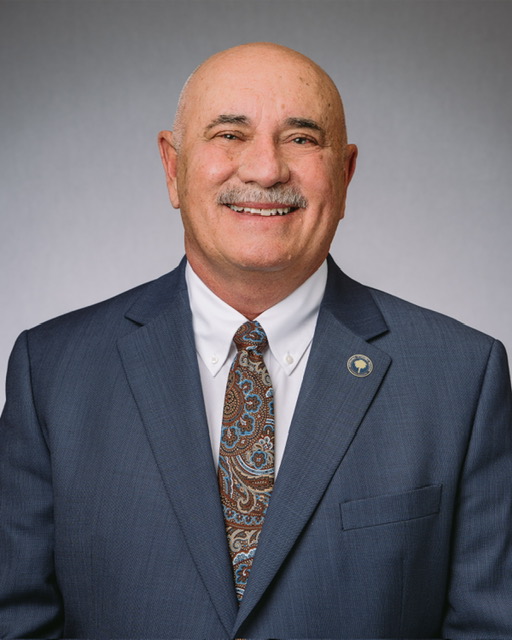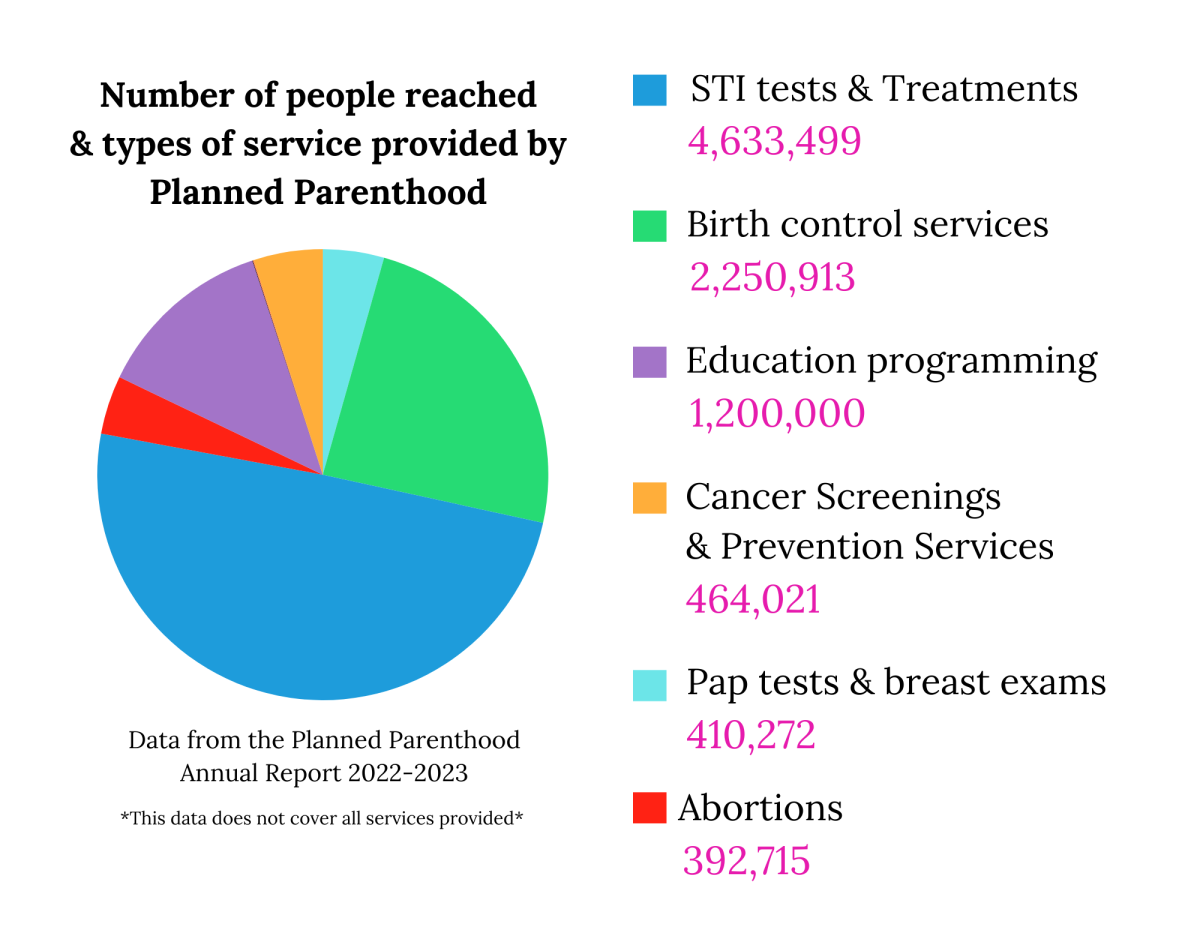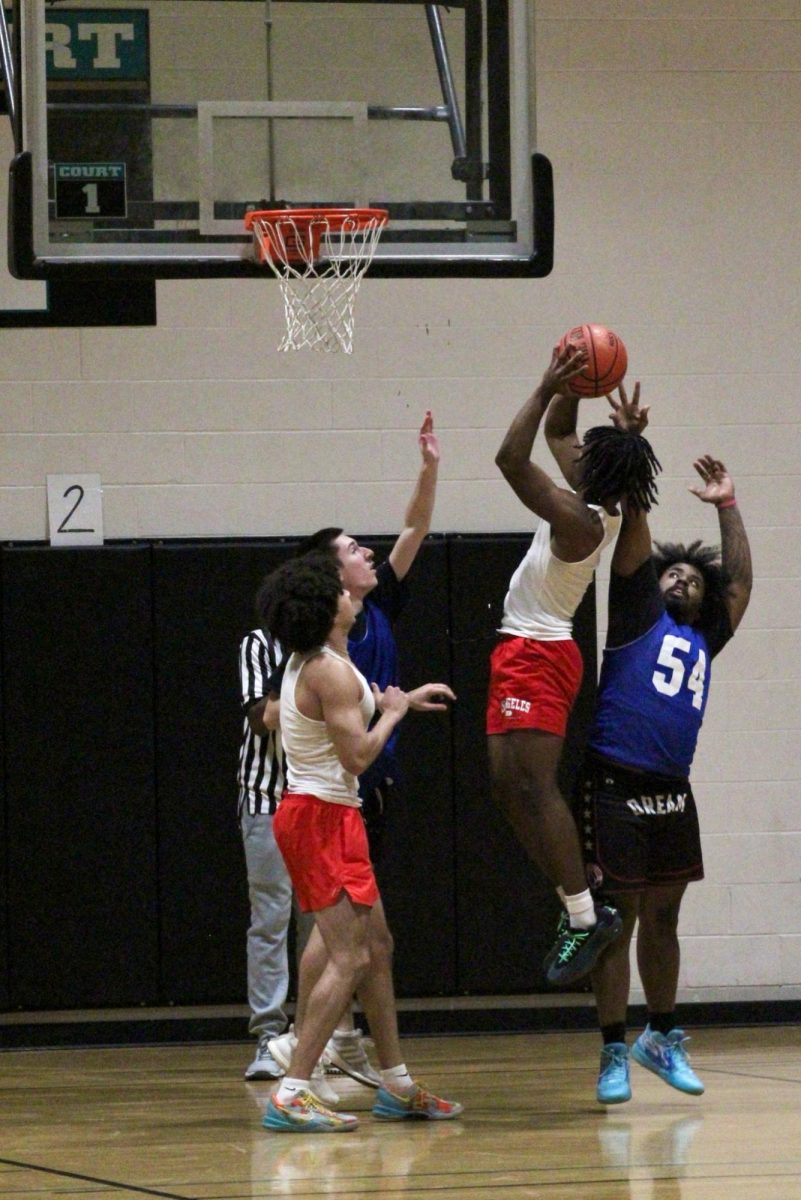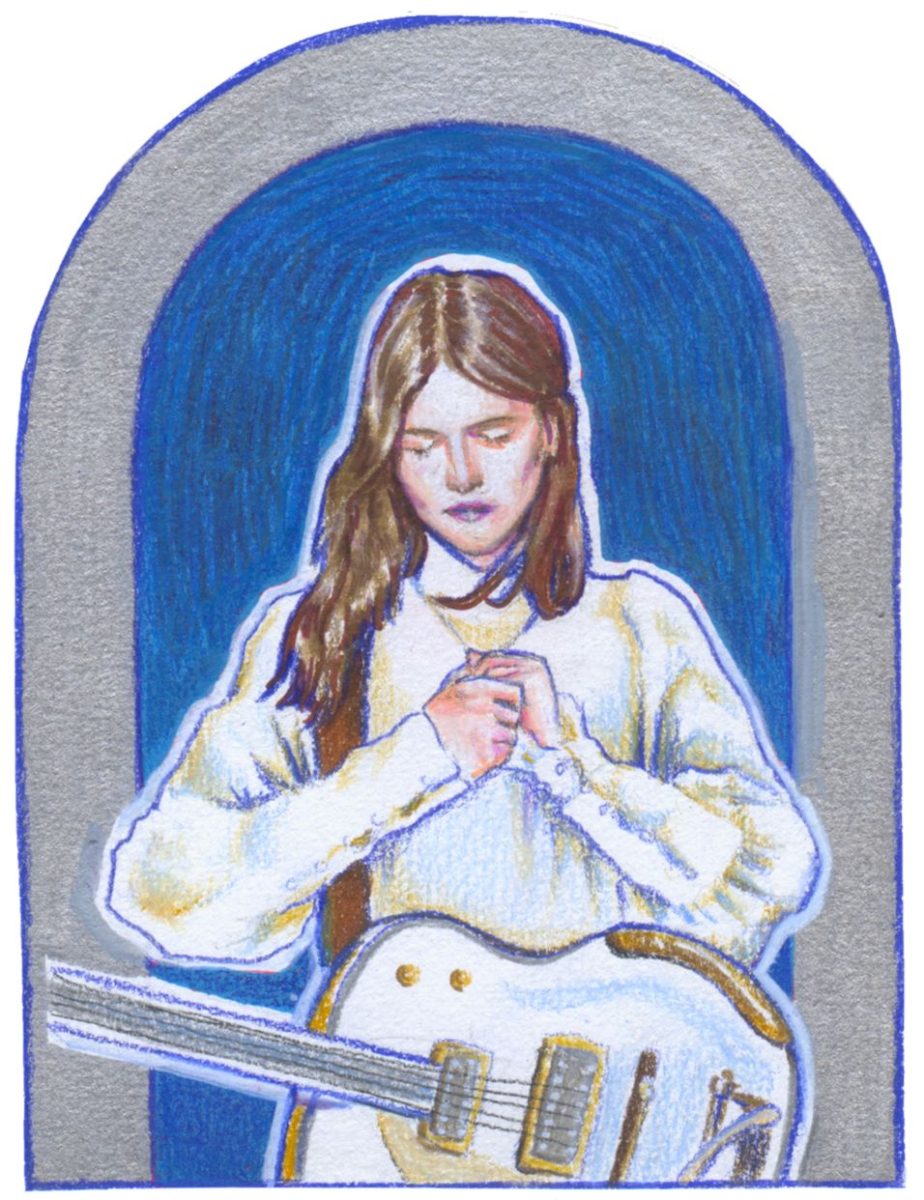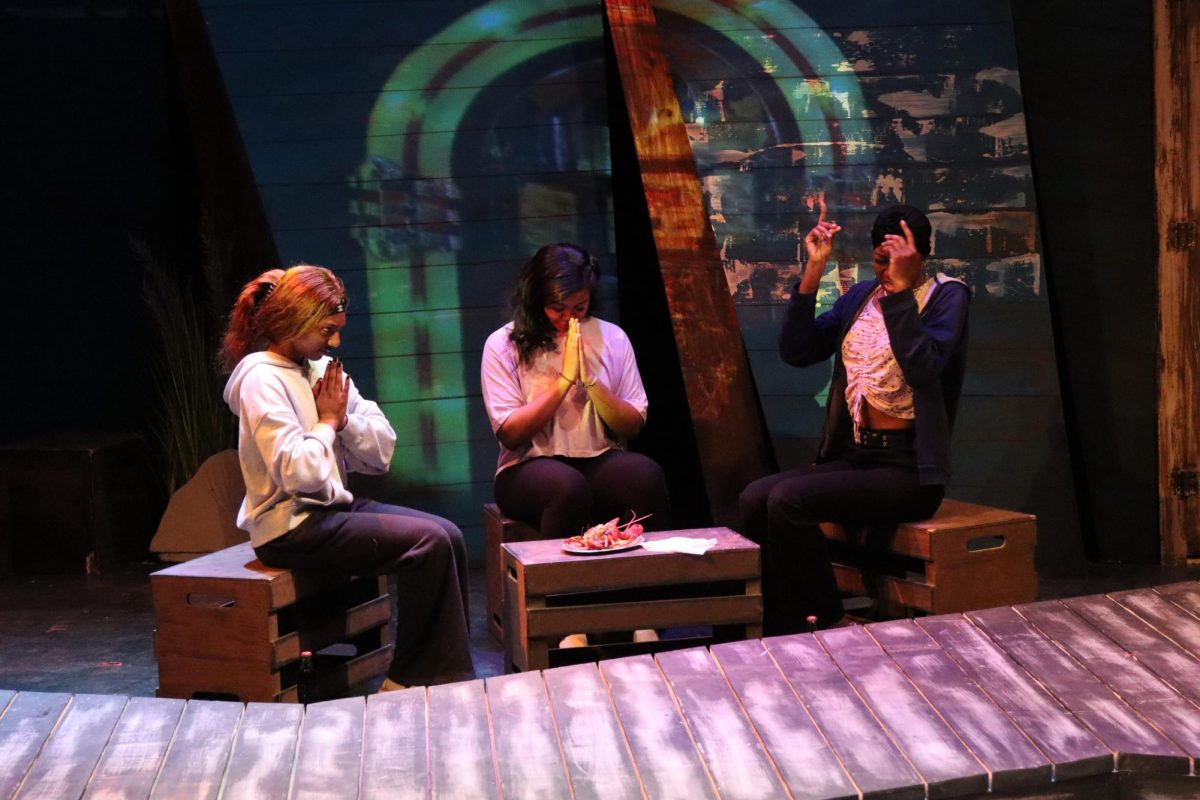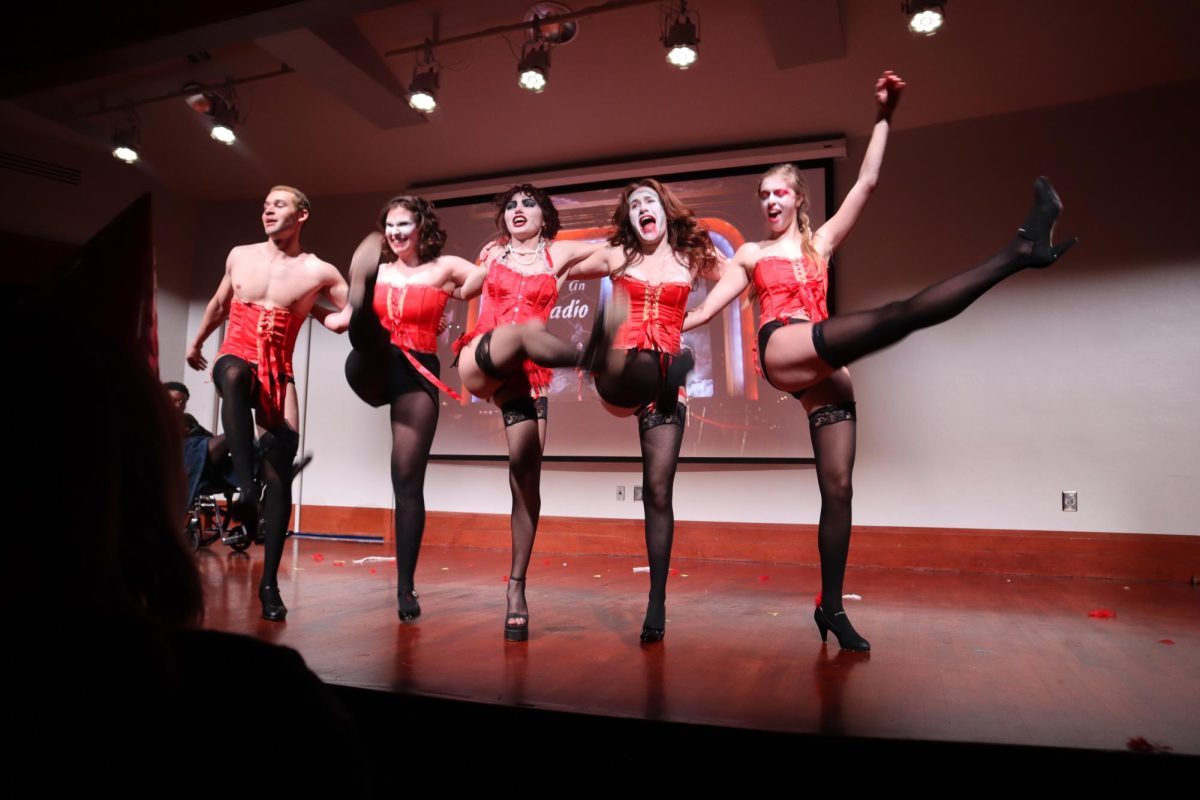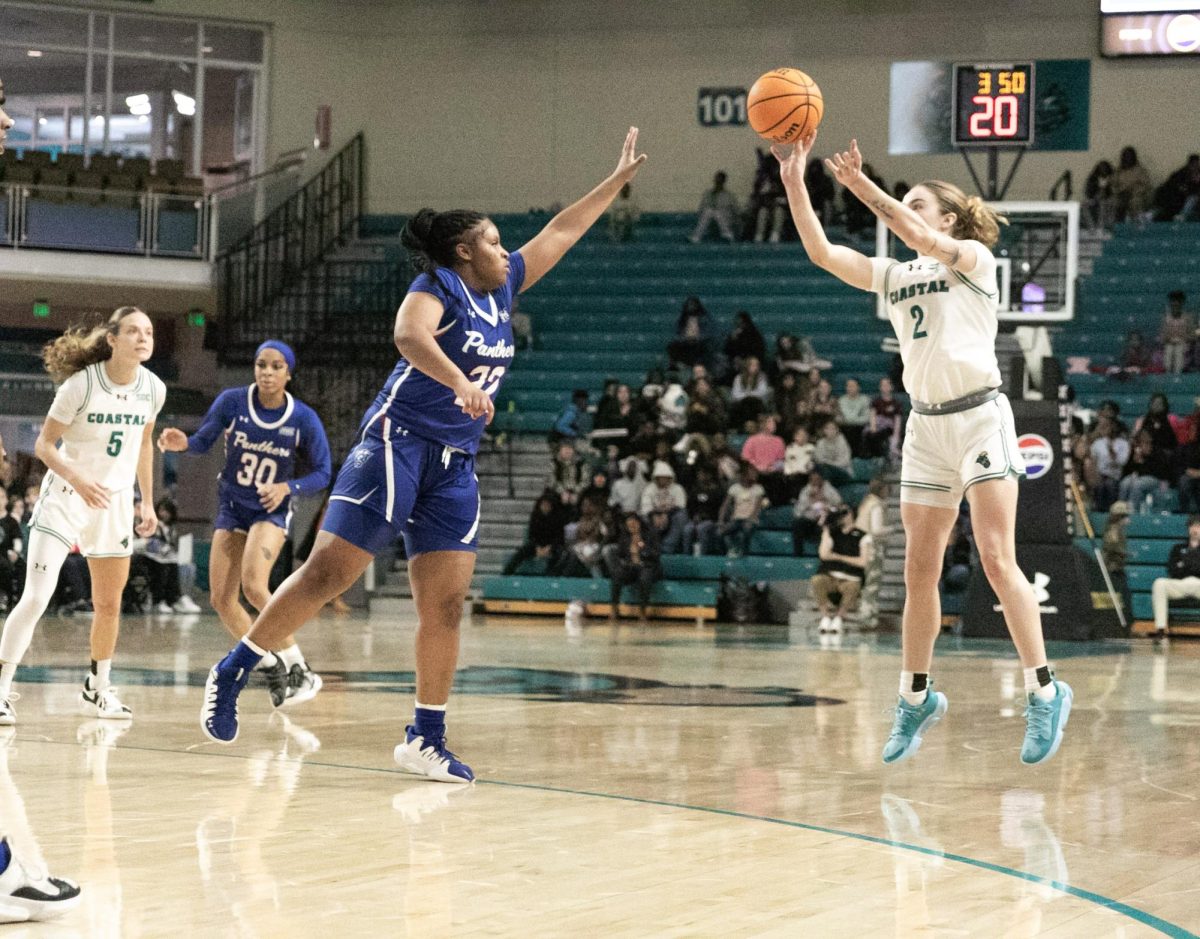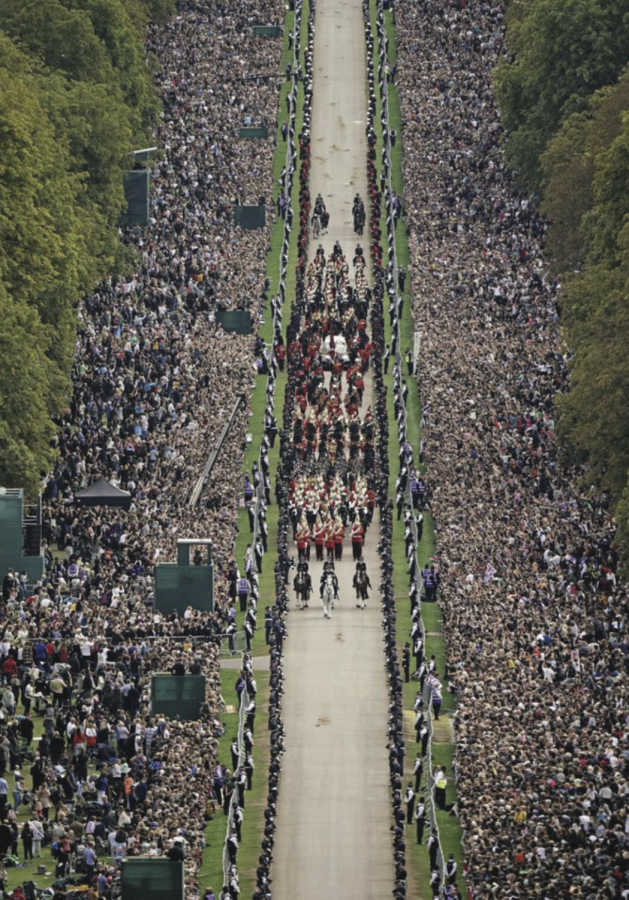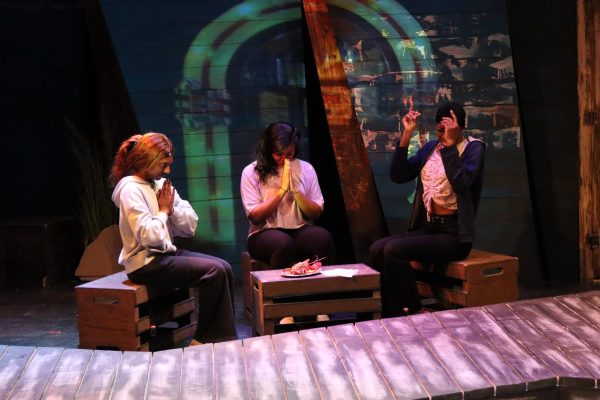Polarized perspectives on the royal family
Photo provided by Aaron Chown/Pool photo via AP)
The Ceremonial Procession of the coffin of Queen Elizabeth II travels down the Long Walk as it arrives at Windsor Castle for the Committal Service at St George’s Chapel, in Windsor, England, Monday, Sept. 19, 2022.
In the wake of Queen Elizabeth II’s death on Sept. 8, many have been reminded of their differing connections to the royal family.
From the U.K. and beyond, there are a variety of perspectives on the royal family and their role. One such perspective comes in the way of sophomore Sydney Horton, who said her grandmother, Carmen Roe, used to work for Queen Elizabeth and the royal family. She said her grandmother was reminded of her experience after hearing about Elizabeth’s passing.
“The first thing she thought,” Horton said, “she went straight down memory lane.”
She said her grandmother was originally from Spain and had moved to England when she was 25. While she was there, Horton said one of her friends got a job
at Buckingham Palace, so she decided to go help. She said the woman who gave her friend the job liked her grandmother’s personality and offered her a position as a nanny for the royal family.
“They asked her if she wanted to work there, and she said ‘Yeah, of course,’” Horton said.
She said that her grandmother was responsible for looking after the kids when they had guests over. While Horton said that she didn’t talk to Queen Elizabeth much, but she had to curtsey and greet her as “Your Majesty” whenever she did.
“She told me that any time she ever saw her, she hated having to bump into her,” Horton said.
She said everyone in the palace was fond of her, and gave her the nickname “The Sunshine from Spain.”
“She said it was probably one of the highlights of her life getting that experience,” Horton said.
Horton herself said she didn’t have any strong opinions about the royal family. At the time of Elizabeth II’s death, she said she noticed people online making light of the situation.
“Whenever I saw it on TikTok,” Horton said, “no one really took it too seriously.”
Oscar McConnell, a 6th-year graduate student from England, also mentioned the online reactions he saw. He said he noticed tributes that were posted on Twitter by celebrities that he follows. McConnell said some friends had also posted some, but not as much.
“Reactions have been mostly neutral, but with a level of respect,” McConnell said.
He said his family was similar in that they respect the royal family to an extent, but they don’t obsess over them. McConnell said he believed Queen Elizabeth was admirable in her role and respected her humility.
“The royal family comes from absolute privilege,” he said, “but she didn’t come off as a snob to me.”
Although McConnell grew up in England, he said his family came from Ireland. He noted how the historical British persecution of the Irish has created differing views of the royal family among them. McConnell said that many in Ireland don’t like the monarchy at all.
“I’ve met people who do still hold a grudge,” McConnell said.
Even so, McConnell said he thought Queen Elizabeth did her job well and her accomplishments should be celebrated.
However, England does have history with many other countries. Assistant Dean of Edwards Tripthi Pillai discussed her perspective as someone born and raised in India. She said Britain’s violent history with India is still recent, with the country having gained independence in 1947.
“1947 wasn’t that long ago,” she said, “so there are a lot of people for whom the British royalty were not just this distant image that we see on TV.”
Pillai said even though the royal family’s role is mostly iconic, they still hold
great influence. She said while none of the descendants of the royal family could be held personally responsible for their ancestor’s actions, the icon of the monarchy still holds some accountability.
“Given that the monarchy’s role has pretty much been iconic, being an icon is not to say that they have reduced power.
Their power is to be an idol,” Pillai said. One example she said was how the royal family participates in iconic ceremonies. Most notably, she mentioned how these ceremonies will involve jewelry that was plundered from British colonies.
“Every time there would be images of Elizabeth on TV,” she said, “I remember friends of mind and family members would say ‘Well, those are our jewels.’”
Still, Pillai said her family overall has no interest in the royal family. She said it would be interesting to see how the monarchy moves forward.
Pillai speculated about how the newly proclaimed King Charles III could approach deemphasizing the family’s iconography.
“I would imagine that someone like Charles can do it, because he’s really gone for the ‘I’m a reasonable fella’ kind of effect,” she said. “Going off how many people are enamored with the royalty, it just seems like a very profitable thing to retain, so I don’t expect it would be.”
There is a wide range of opinions regarding the royal family and Queen Elizabeth’s passing. Whether or not this will change with King Charles remains to be seen.
